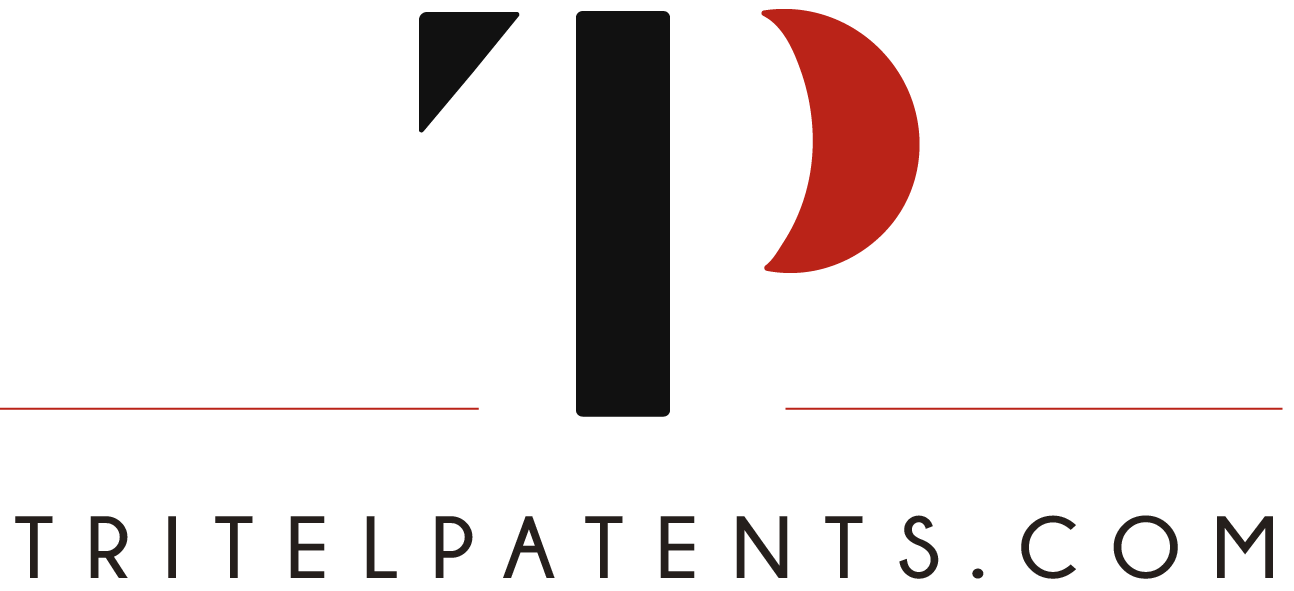“We need patents to raise capital, right?”
True or false?
Well, consider this: what would you tell someone who says they want a sports car to impress their friends?
Sure, a flashy car might turn heads. But is impressing friends the main purpose of a car? Or is a car chiefly about getting you from point A to point B?
Similarly, many companies include patents in their business plans[1]. At its core, however, a patent is a legal tool designed to prevent others from using your technological innovations without your consent.
When your company succeeds, competitors may want to cash in on your hard work. If they figure out how to produce your thermal imaging technology cheaper or faster—or leverage better partnerships—your market share could suffer.
A well-crafted patent helps innovators protect their advancements, enabling them to block unauthorized use or license the technology for fair compensation. Either way, your company benefits.
Understanding what patents were designed to do can keep the patenting process in perspective.
That said, patents can serve many purposes beyond this primary role:
Raising capital. A solid strategy to protect your innovations strengthens your story for investors.
Generating additional revenue. Patents may cover uses you’re not pursuing, creating licensing opportunities.
Blocking alternative solutions. Patents can stop competitors from using other methods to solve the same problem.
Showcasing innovation. Patents signal a cutting-edge, forward-thinking culture.
Bargaining chips. A patent covering a component of your competitor’s product can facilitate cross-licensing negotiations.
Defensive publications. Publishing an idea (for example via a patent application) prevents competitors from patenting it later.
Camouflage. Some companies patent less promising technologies to mislead competitors.
Patents are versatile tools with strategic potential. Can you think of other ways patents can drive your business forward?
[1] Trade secrets can sometimes substitute for patents, but that’s a topic for another day.

